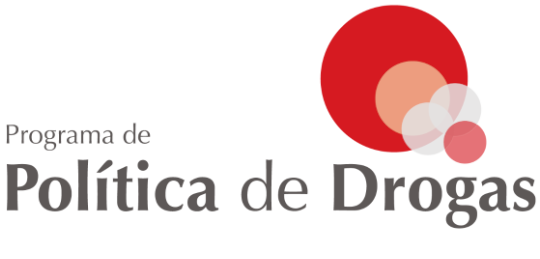Confinement with No Rights. Perceptions of Inmates’ Relatives Regarding Measures for COVID-19 Control Implemented in Mexican Prisons
Based on a participatory study design, this article describes how a group of family members of people deprived of liberty (PDL) experienced the COVID-19 control measures implemented in Mexico’s prisons. We conducted 28 in-depth interviews and analyzed them using ATLAS.ti. We found that the measures implemented in Mexican prisons to avoid the spread of COVID-19 focused mainly on suspension of visitation and PDL confinement. The isolation imposed on PDL impacted their living conditions, making them more vulnerable to contracting COVID-19 due to lack of access to essential services, food, and hygiene supplies. Visit restrictions and PDL isolation also impacted PDL relatives’ health and socioeconomic conditions. Our findings indicate that the consequences of COVID-19 control actions in Mexican prisons differ according to the gender and jurisdiction of PDL. Women in federal prisons were more isolated, while those in local ones were more deprived of basic supplies. Imprisoned women’s isolation has especially severe effects on the mental and physical health of their elderly parents and children. The results show how the measures adopted to control COVID-19 outbreaks in Mexican prisons have exacerbated the preexisting systemic violence experienced by PDL and their families and how they have failed to prevent the spread of COVID-19 in these settings. These findings provide support for the health-informed penal reform of Mexican prisons.
Descarga el archivo aquí
Enlace directo aquí
Más Vistos
- La metanfetamina y el CJNG. Análisis de una reconfiguración del mercado de...
- The “War on Drugs” in Mexico: (Official) Database of Events between December...
- Deadly force and denial: the military's legacy in Mexico's ‘war on drugs’
- Age-specific rates of onset of cannabis use in Mexico
- Fragmentation and cooperation: the evolution of organized crime in Mexico
Más Recientes
- The Connection Between Drug-Related Detentions and Drug-Related Violence:...
- “Resulta aberrante su actuar”: Mujeres acusadas de delincuencia organizada
- Where there is smoke, there is fire? Making sense of the past failure and future...
- Civil Society Organizations and Harm Reduction Policy: The Mexican Case
- How frequent and visible criminal violence affects housing prices: evidence from...

